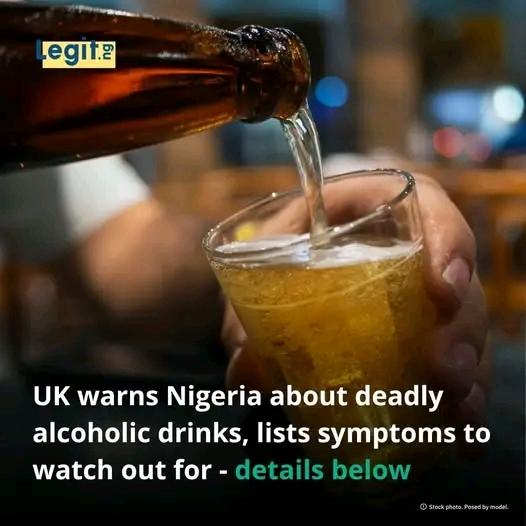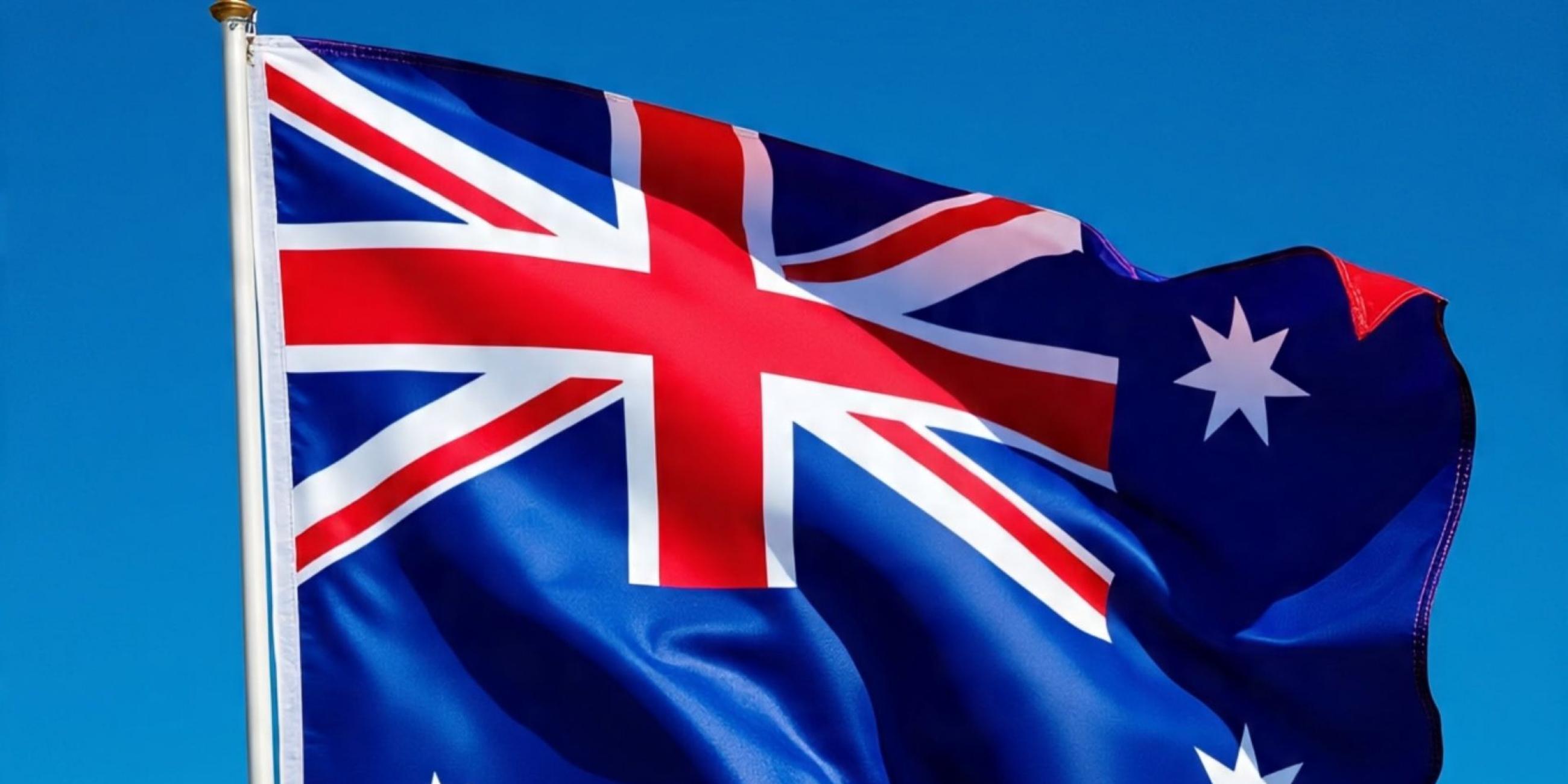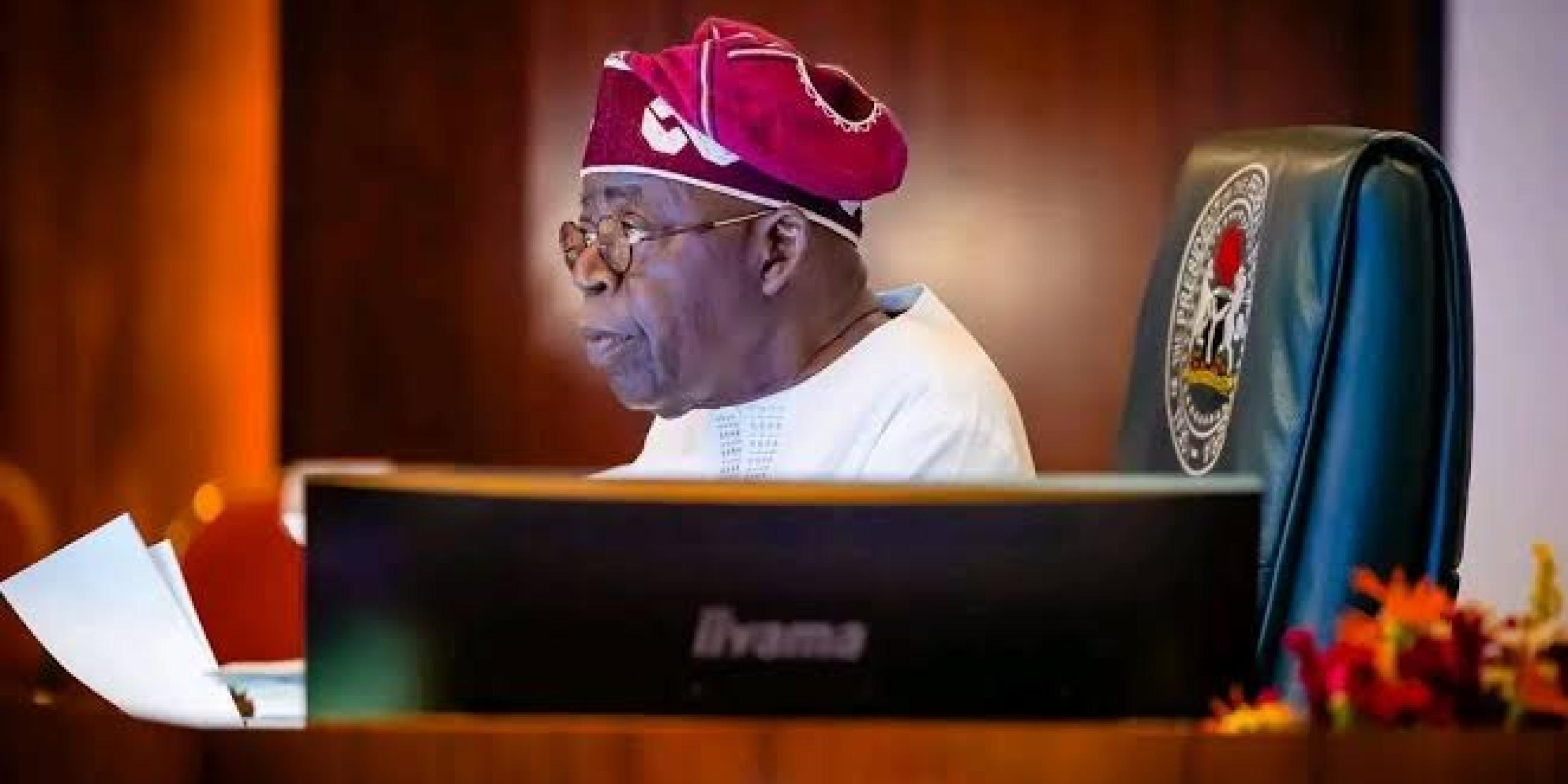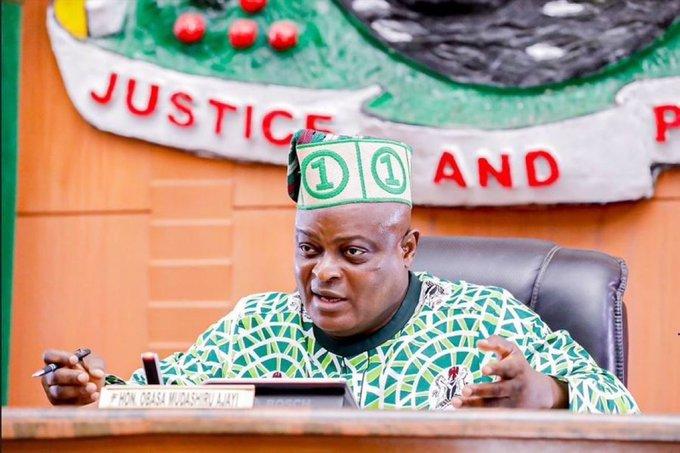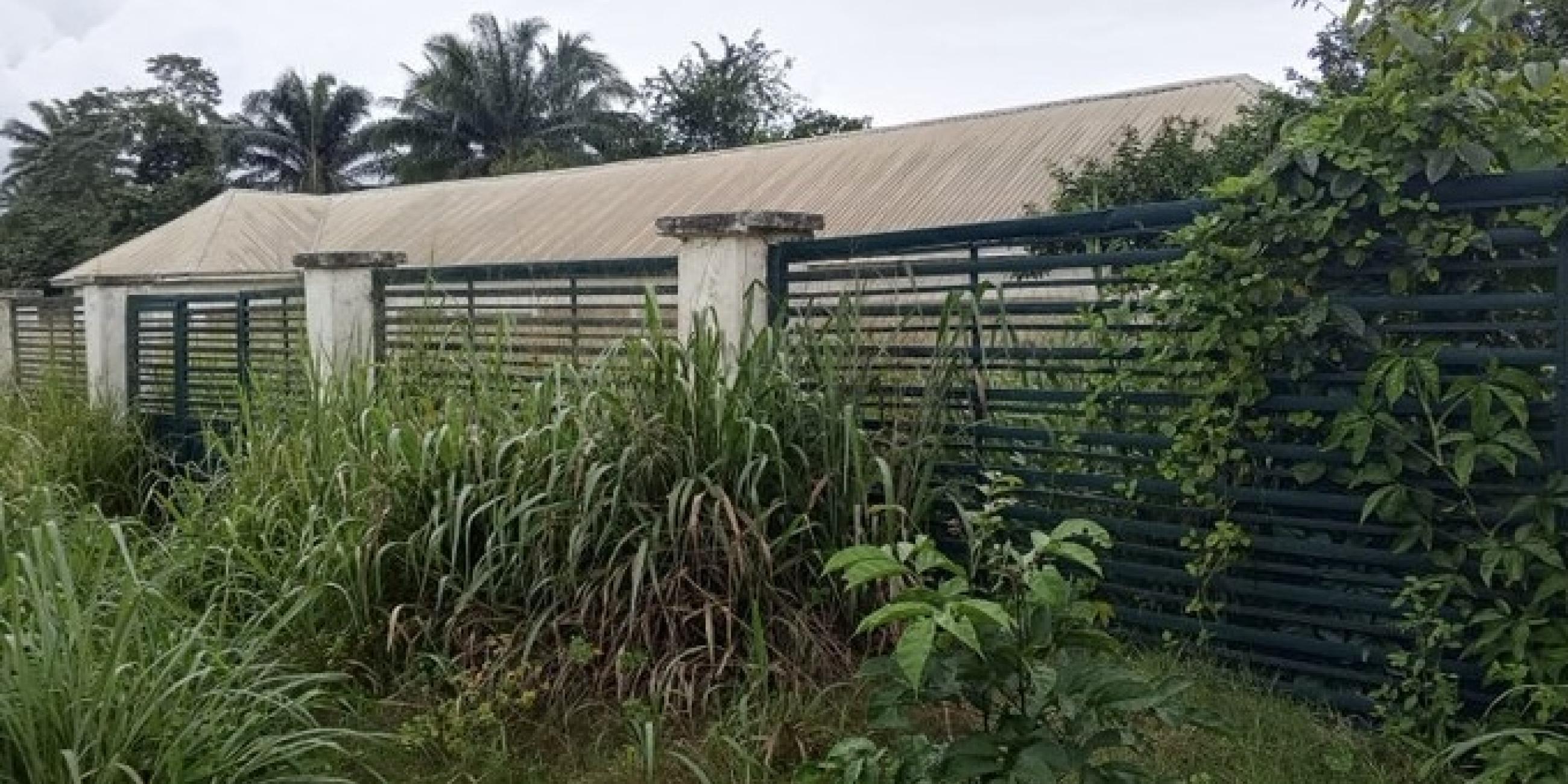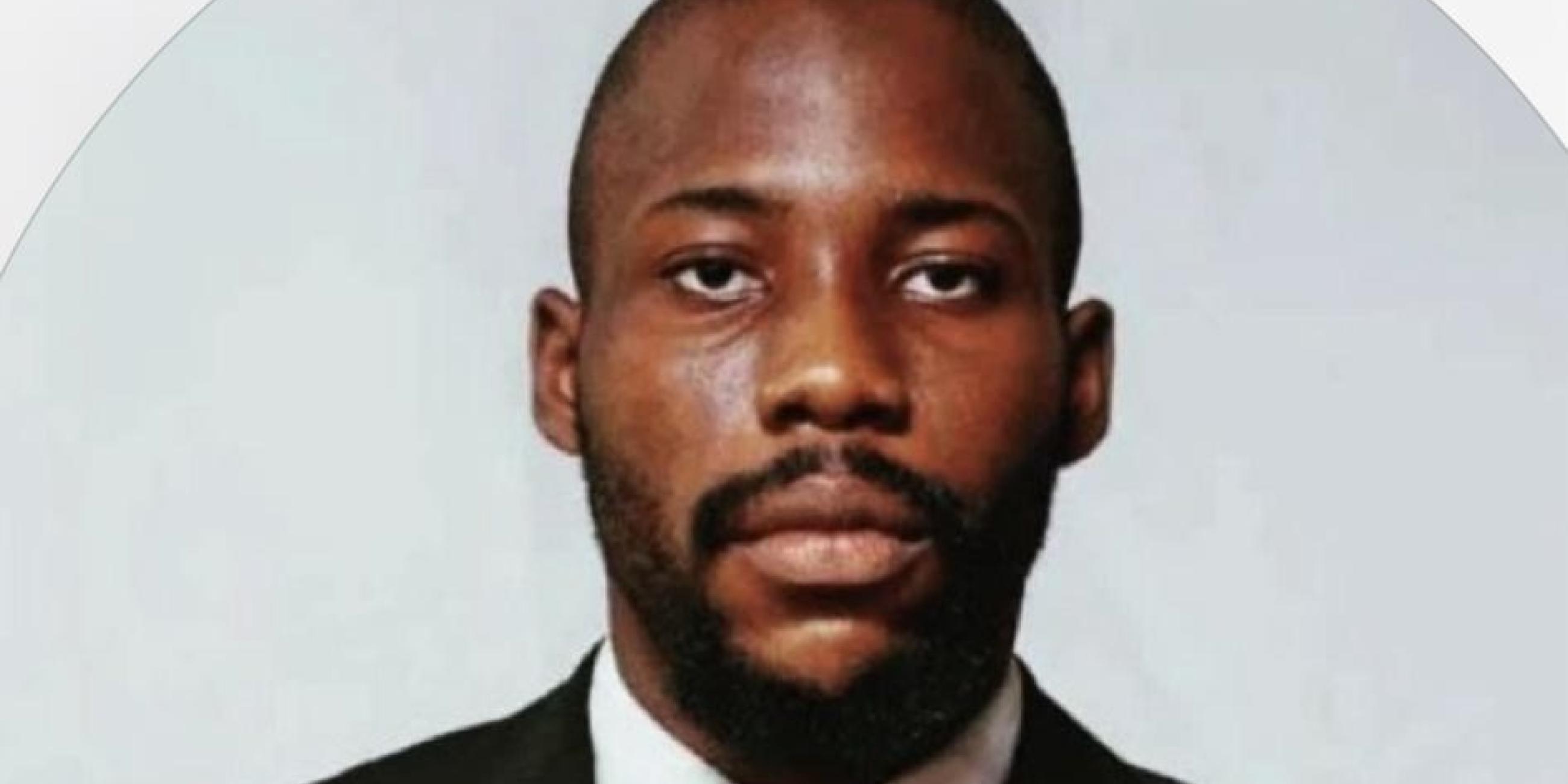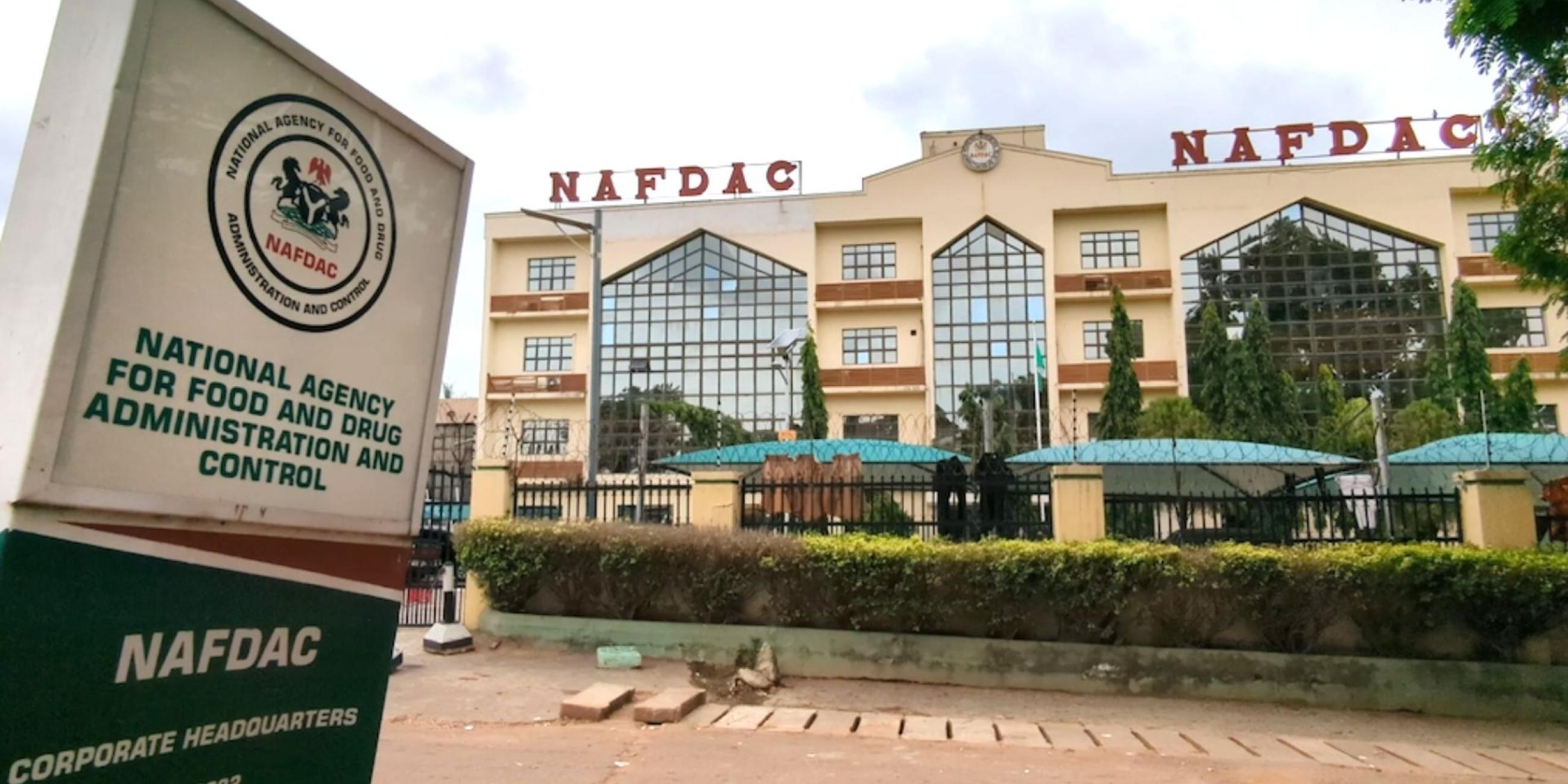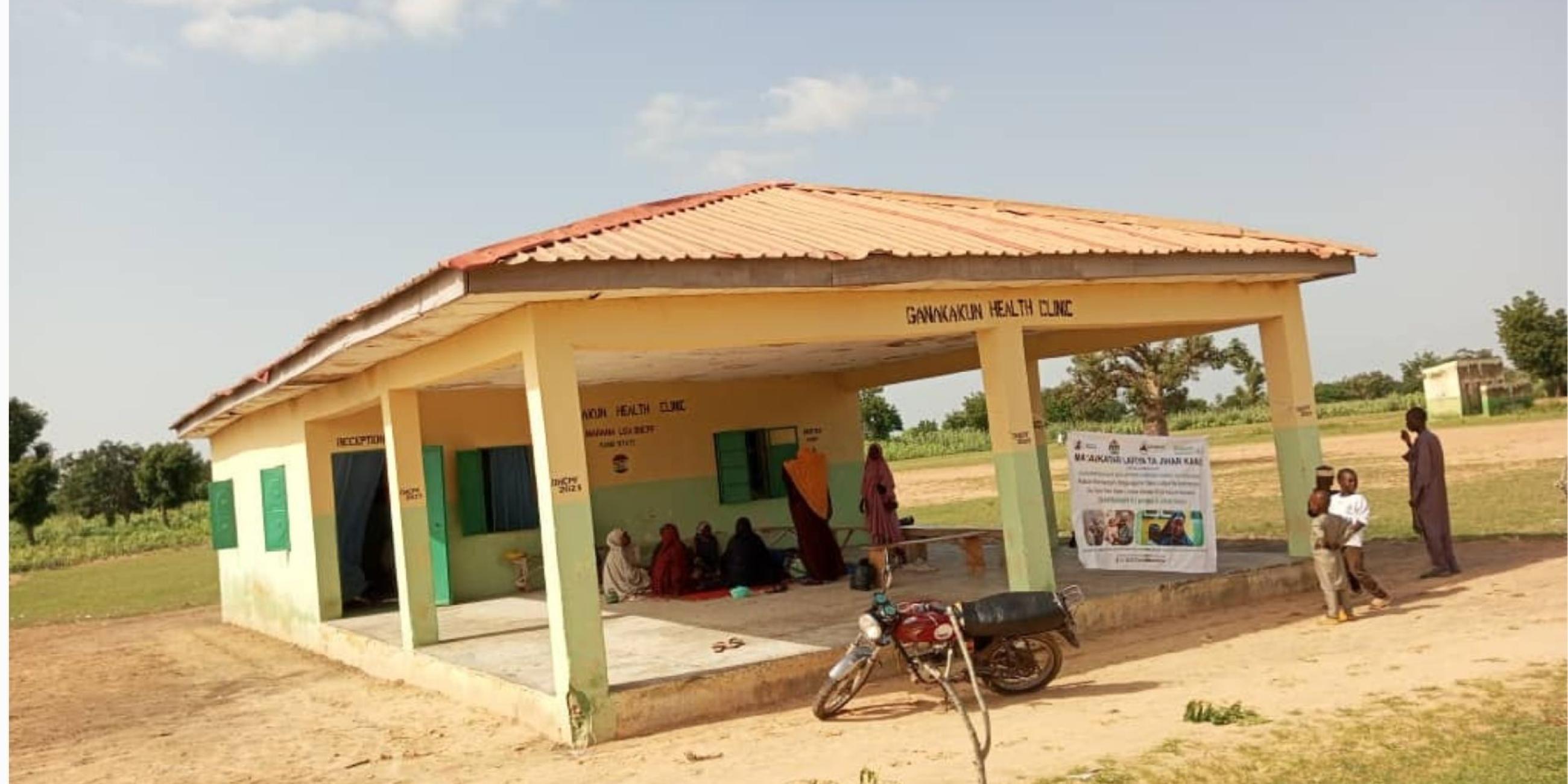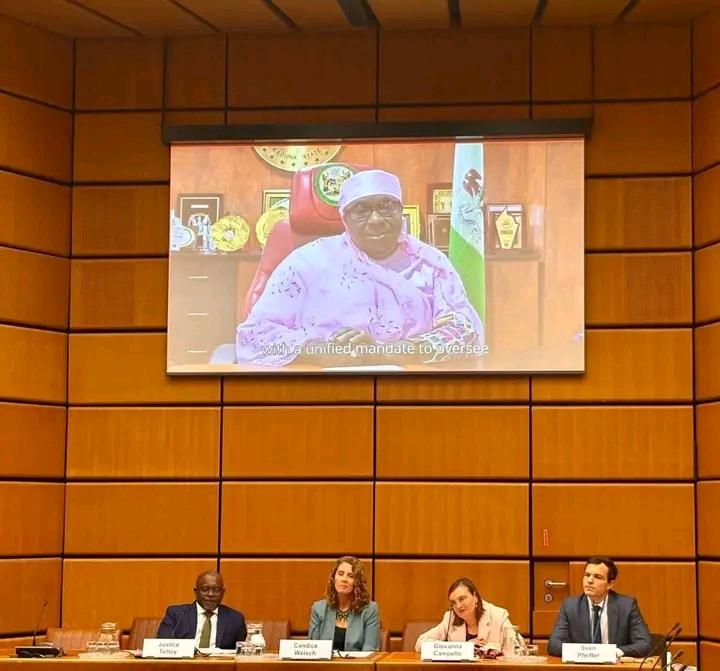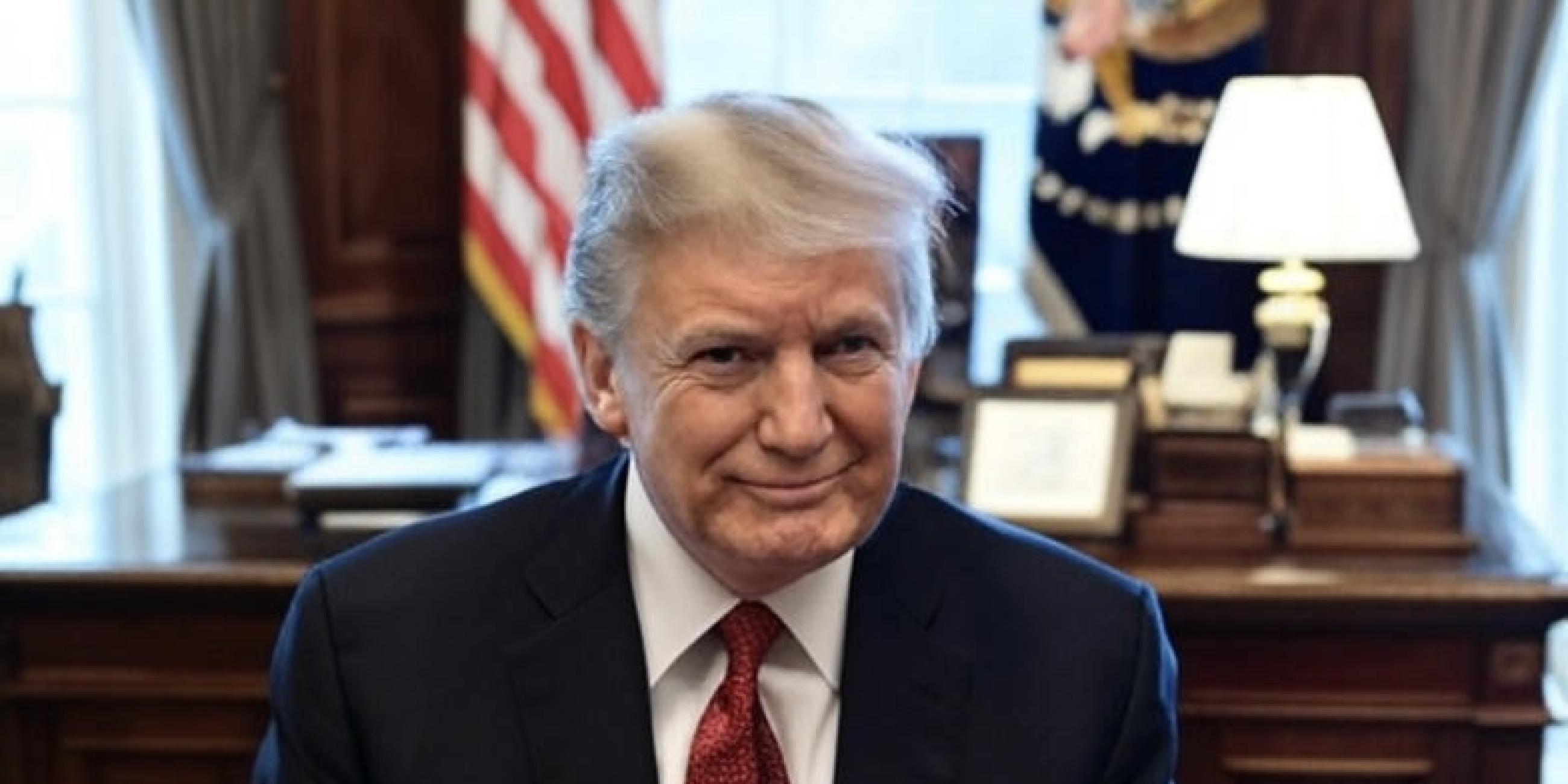Imo Police uncover hotel and mortuary allegedly used for kidnapping, organ harvesting in Ngor Okpala, Imo State
Operatives of the Imo State Police Command have uncovered a hotel and a mortuary allegedly used by a criminal syndicate for kidnapping, ransom collection and organ harvesting along the Airport–Owerri–Aba Road in Ngor Okpala Local Government Area.
The discovery, announced on Saturday, followed weeks of covert surveillance ordered by the Commissioner of Police, Imo Command, CP Aboki Danjuma, after a series of disturbing reports of kidnapping attacks on motorists in the Ngor Okpala axis.
According to police accounts, intelligence-led investigations revealed that one High Chief Stanley Oparaugo, also known as “Morocco,” of Ngor Okpala, is the suspected kingpin of the syndicate. He allegedly owns Jessy Best Hotel, Ihitte Okwe, and a nearby mortuary known as Ugwudi, both situated along the Airport–Owerri–Aba Road.
Police said the gang lured victims into the hotel, where they were robbed, abducted and forced to pay ransom. Several victims who reportedly paid ransom were never seen again by their families.
Further investigations indicated that victims were moved from the hotel to the mortuary, where they were allegedly killed and their body parts harvested for sale to criminal buyers.
Led by CP Danjuma, police operatives visited the scene, where Jessy Best Hotel was found completely deserted. At the Ugwudi mortuary, officers discovered several mutilated corpses, believed to be victims of the operation.
The police said efforts are ongoing to track down the fleeing High Chief Oparaugo and members of his criminal gang.
The operation was conducted in collaboration with the Imo State Commissioner for Health, the Chairperson of Ngor Okpala Local Government Area and local vigilante groups. Tactical teams, including the ACP in charge of operations, the Divisional Police Officer for Ngor Okpala and community vigilantes, have been deployed to take over the area and prevent further criminal activity.
The Imo State Police Command urged residents to remain vigilant and continue providing information that could assist in the ongoing investigation.
Imo Police uncover hotel and mortuary allegedly used for kidnapping, organ harvesting in Ngor Okpala, Imo State
Operatives of the Imo State Police Command have uncovered a hotel and a mortuary allegedly used by a criminal syndicate for kidnapping, ransom collection and organ harvesting along the Airport–Owerri–Aba Road in Ngor Okpala Local Government Area.
The discovery, announced on Saturday, followed weeks of covert surveillance ordered by the Commissioner of Police, Imo Command, CP Aboki Danjuma, after a series of disturbing reports of kidnapping attacks on motorists in the Ngor Okpala axis.
According to police accounts, intelligence-led investigations revealed that one High Chief Stanley Oparaugo, also known as “Morocco,” of Ngor Okpala, is the suspected kingpin of the syndicate. He allegedly owns Jessy Best Hotel, Ihitte Okwe, and a nearby mortuary known as Ugwudi, both situated along the Airport–Owerri–Aba Road.
Police said the gang lured victims into the hotel, where they were robbed, abducted and forced to pay ransom. Several victims who reportedly paid ransom were never seen again by their families.
Further investigations indicated that victims were moved from the hotel to the mortuary, where they were allegedly killed and their body parts harvested for sale to criminal buyers.
Led by CP Danjuma, police operatives visited the scene, where Jessy Best Hotel was found completely deserted. At the Ugwudi mortuary, officers discovered several mutilated corpses, believed to be victims of the operation.
The police said efforts are ongoing to track down the fleeing High Chief Oparaugo and members of his criminal gang.
The operation was conducted in collaboration with the Imo State Commissioner for Health, the Chairperson of Ngor Okpala Local Government Area and local vigilante groups. Tactical teams, including the ACP in charge of operations, the Divisional Police Officer for Ngor Okpala and community vigilantes, have been deployed to take over the area and prevent further criminal activity.
The Imo State Police Command urged residents to remain vigilant and continue providing information that could assist in the ongoing investigation.





